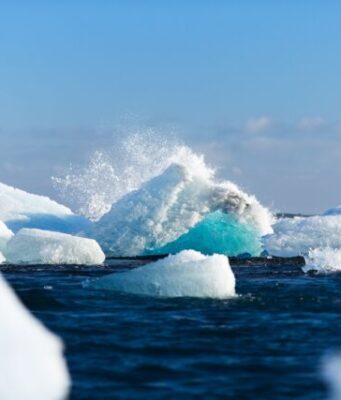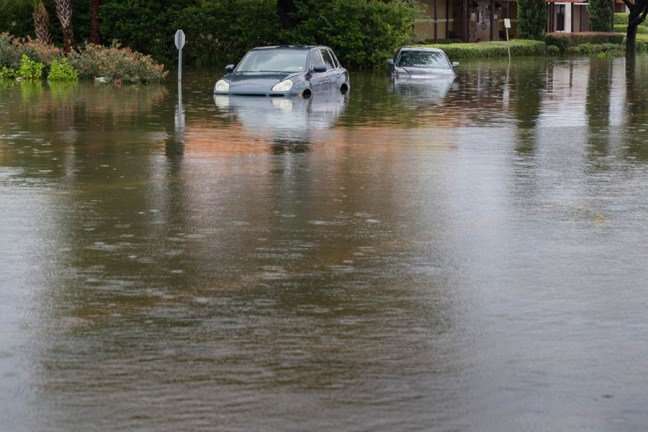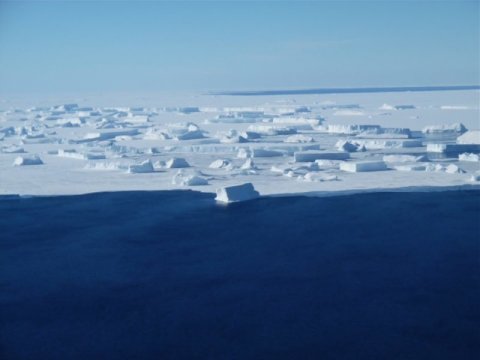On any given day, 20 percent of Americans account for nearly half of U.S. diet-related greenhouse gas emissions, and high levels of beef consumption are largely responsible, according to a new study from researchers at the University of Michigan...
A major shift in western Arctic wind patterns occurred throughout the winter of 2017 and the resulting changes in sea ice movement are possible indicators of a changing climate, says Kent Moore, a professor of physics at the University...
Researchers from the Universities of Bremen and Innsbruck have shown in a recent study that the further melting of glaciers cannot be prevented in the current century—even if all emissions were curtailed. However, due to the slow reaction of...
Targeted geoengineering to preserve continental ice sheets deserves serious research and investment, argues an international team of researchers in a Comment published March 14 in the journal Nature. Without intervention, by 2100 most large coastal cities will face sea levels...
Ocean acidification will severely impair coral reef growth before the end of the century if carbon dioxide emissions continue unchecked, according to new research on Australia's Great Barrier Reef led by Carnegie's Ken Caldeira and the California Academy of...
Species living in coastal regions could face a significant future threat from reduced levels of oxygen in the marine environment, according to research published in Nature Scientific Reports.
The prevalence of hypoxic (low oxygen) areas in coastal waters is predicted to increase...
Scientists from Rutgers University-New Brunswick and Atmospheric and Environmental Research (AER) have linked the frequency of extreme winter weather in the United States to Arctic temperatures.
Their research was published today in Nature Communications.
"Basically, this confirms the story I've been telling...
It may not rank among the all-time greatest dramas, but the history of ice on Greenland has been a source of scientific controversy for more than a decade.
A study led by UCLA climate scientist Aradhna Tripati appears to put...
The 2015 Paris climate agreement sought to stabilize global temperatures by limiting warming to "well below 2.0 degrees Celsius above pre-industrial levels," but a recent literature review found the 2 degree limitation "inadequate" and concluded that limiting global warming...
University of California, Irvine scientists expect the world's fisheries to be, on average, 20 percent less productive in the year 2300, with those in the North Atlantic down nearly 60 percent and those in much of the western Pacific...
Hazard maps use estimated sea level rise due to climate change to determine flooding risk for today's shoreline, but don't take into account that some land is sinking. A precise study of subsidence around San Francisco Bay shows that...


















